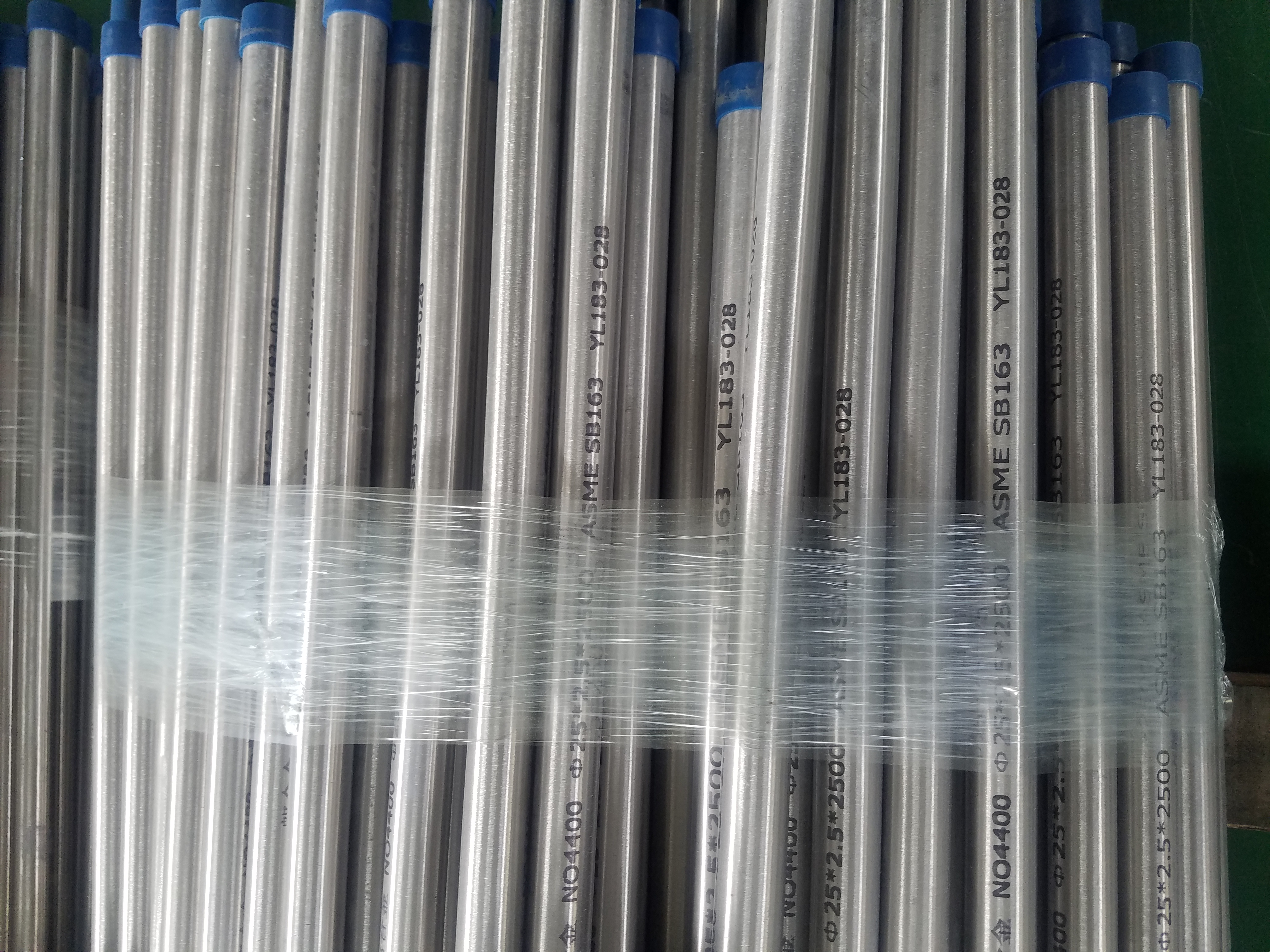When it comes to metalworking, there are many different factors to consider when choosing the right material for a specific application. Two common metals used in many industrial applications are Monel 400 and Hastelloy C276. Both have their own unique capabilities and applications, but how do they compare? Let’s take a look at some of the key differences between these two metals to help you make an informed decision when choosing which one is best for your project.
Monel 400:
Monel 400 is a nickel-copper alloy made of 67% nickel and 23% copper. This makes it corrosion-resistant and extremely strong and tough. These properties make it a popular choice for industrial applications. Some of its common uses include chemical processing plants, aerospace engineering, and shipbuilding. Although Monel 400 is strong, it is also easily molded and formed into the shapes required by a variety of industries. Due to its wide applicability, material cost savings can increasingly be passed on to customers – making it ideal for those looking for a reliable and cost-effective solution.
Hastelloy C276:
Hastelloy C276 is a high-temperature alloy developed by Haynes International in 1960. It is made of nickel, chromium and molybdenum and has excellent corrosion resistance. This allows the material to be used in many applications, including chemical processing, power generation, hydrochloric acid production and marine engineering. Although more expensive than other metals, Hastelloy C276 provides a good return on investment due to its strength and reliability. Its heat resistance makes it particularly suitable for industries that require heat- or pressure-resistant materials, such as aerospace and nuclear engineering, helping manufacturers deliver higher quality products without compromising durability.
Monel 400 and Hastelloy C276:
Corrosion resistance:
One of the key differences between Monel 400 and Hastelloy C276 is their corrosion resistance. Monel 400 has excellent corrosion resistance in seawater, making it ideal for marine environments. In addition, it has good acid and alkali resistance, making it suitable for chemical processing applications. Hastelloy C276, on the other hand, has excellent corrosion resistance in both acidic and alkaline environments, making it ideal for more corrosive applications, such as those involving sulfuric or hydrochloric acid.
characteristic:
Monel 400 and Hastelloy C276 are two of the most widely used alloy metals in industrial applications due to their excellent material properties. While both have high-strength properties, Monel 400 is more ductile and easier to form than Hastelloy C276, which can be treated to increase its ductility. Both alloys are resistant to corrosion and oxidation, but Monel 400 exhibits superior properties compared to Hastelloy C276 when exposed to highly acidic compounds. Each material also has slightly different mechanical properties; for example, Hastelloy C276 has high ultimate tensile strength and yield strength despite being less ductile. Ultimately, when considering applications for both alloys, it is important to weigh the unique properties and cost of each alloy to determine which option is best for your project.
Strength and durability:
Both Monel 400 and Hastelloy C276 offer superior strength and durability compared to other metals on the market. However, there are some key differences between them that need to be considered. For example, Monel 400 is much harder than Hastelloy C276, making it better suited for high-temperature applications where strength is required. Additionally, due to its higher nickel content, Monel 400 offers better weldability than similar materials.
cost:
While both metals offer excellent properties, their costs can vary greatly depending on the metal you choose. Generally speaking, Monel 400 is less expensive than Hastelloy C276, in part because of its lower nickel content (2% vs. 21% nickel). This should be considered if you are on a tight budget or if cost savings are an important factor for your project.
in conclusion:
Ultimately, choosing which metal is best depends on your application’s requirements for strength, durability, and corrosion resistance, as well as cost considerations. By comparing the characteristics of Monel 400 and Hastelloy C276 side by side, you will be able to determine which one best suits your project needs. With this information in mind, you can make an informed decision when choosing them for your next metalworking project!
Tianjin Anton Metal Manufacture Co., Ltd. is a company specializing in the production of various nickel-based alloys, Hastelloy alloys and high-temperature alloy materials. The company was established in 1989 with a registered capital of 10.0 million, specializing in the production and sales of alloy materials. Anton Metal’s products are widely used in aerospace, chemical industry, electric power, automobile, nuclear energy and other fields, and can also provide customized alloy material solutions according to customer needs. If you need to know the price consultation of alloy materials or provide customized alloy material solutions, please feel free to contact the sales staff.
==========================================
www.antonmetal.com
ANTON METAL| Your specialty alloys manufacturer
Email: dominic@antonmetal.com
Phone: +8613132148618(wechat/whatsapp)
Post time: Jan-10-2024











